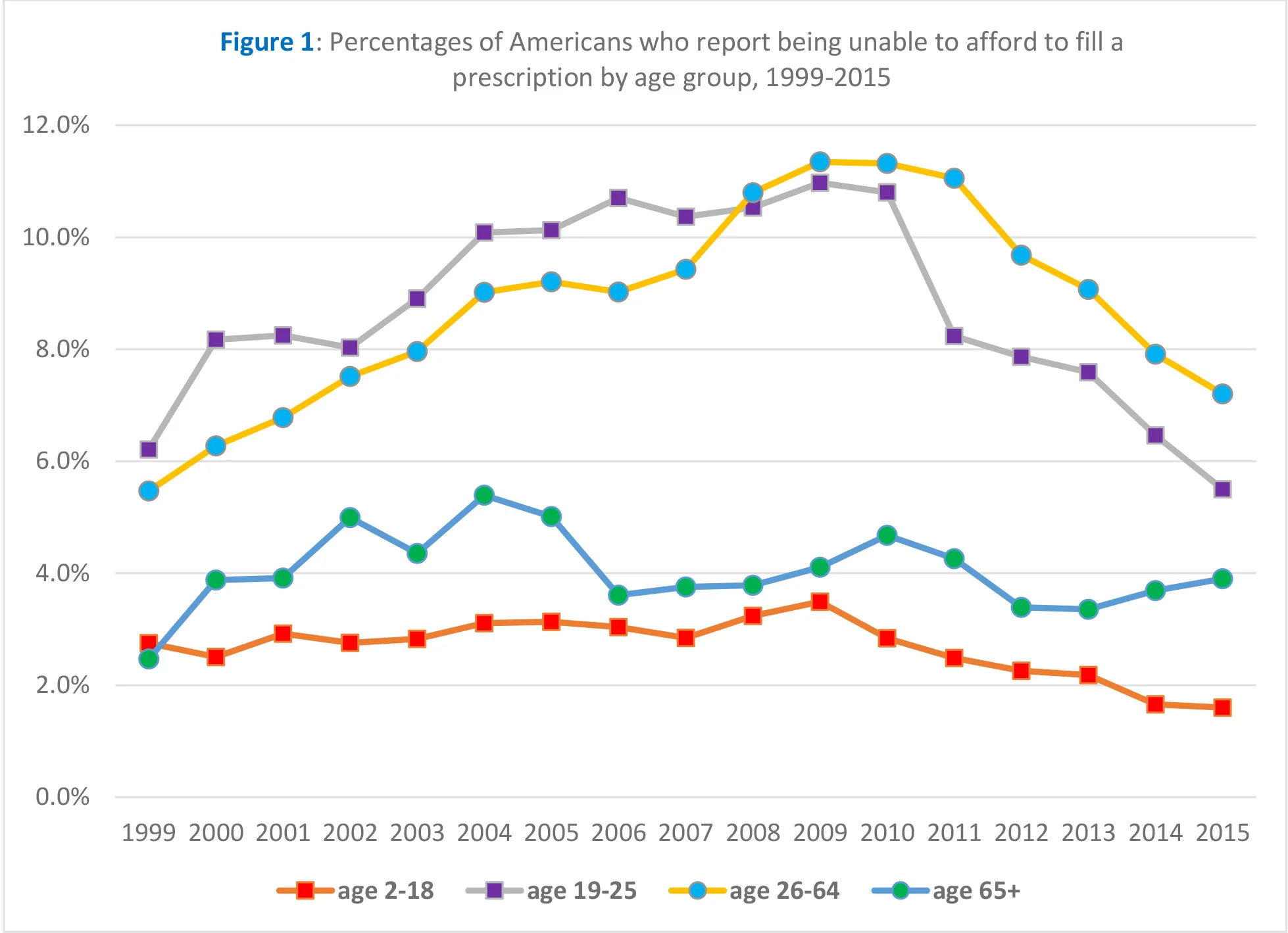Comment on NIDILRR Proposed Priority
In response to NIDILRR's proposed priority on health services delivery models:
Many public and private agencies are aggressively seeking health service delivery models that contain healthcare costs. However, these care coordination models are not designed with disability in mind. If anything, disability is conceptualized in these models as an outcome to be avoided, rather than a lived reality for millions of Americans. Cost-containment is an important objective for health system reform, but people with disabilities also need the healthcare system to support their autonomy, participation, and community integration. These objectives are not necessarily supported by the same interventions and models that are designed to reduce healthcare spending.
Understanding disability interventions and outcomes only in the context of health is limiting. Health-related interventions can have non-health-related outcomes in this population, and vice versa. For instance, employment supports can have downstream impacts on quality of life and overall health, while better management of chronic conditions can facilitate improved community participation. It is unclear from the priority as written whether the “emerging promising practices” and “innovative models” are specifically health system based, and whether the outcomes they influence are required to be health-related. It is additionally unclear whether the “desired health outcomes for people with disabilities” are the outcomes that people with disabilities desire for themselves, or the outcomes desired by healthcare providers, health insurers, or other stakeholders.
The priority as written seems to assume that a.) there are current models incorporating evidence-based disability-specific services and supports and b.) the effectiveness of these models is the primary issue for people with disabilities. However, the larger question of whether these care coordination models are appropriate and beneficial for people with disabilities has not been adequately explored. Unlike other funding bodies in this area, NIDILRR is uniquely positioned to ensure that these rapid innovations in health services delivery and cost containment do not negatively impact the high-cost, high-use, vulnerable population of people with disabilities. I would suggest revising this priority to focus on this issue before evaluating specific interventions.


